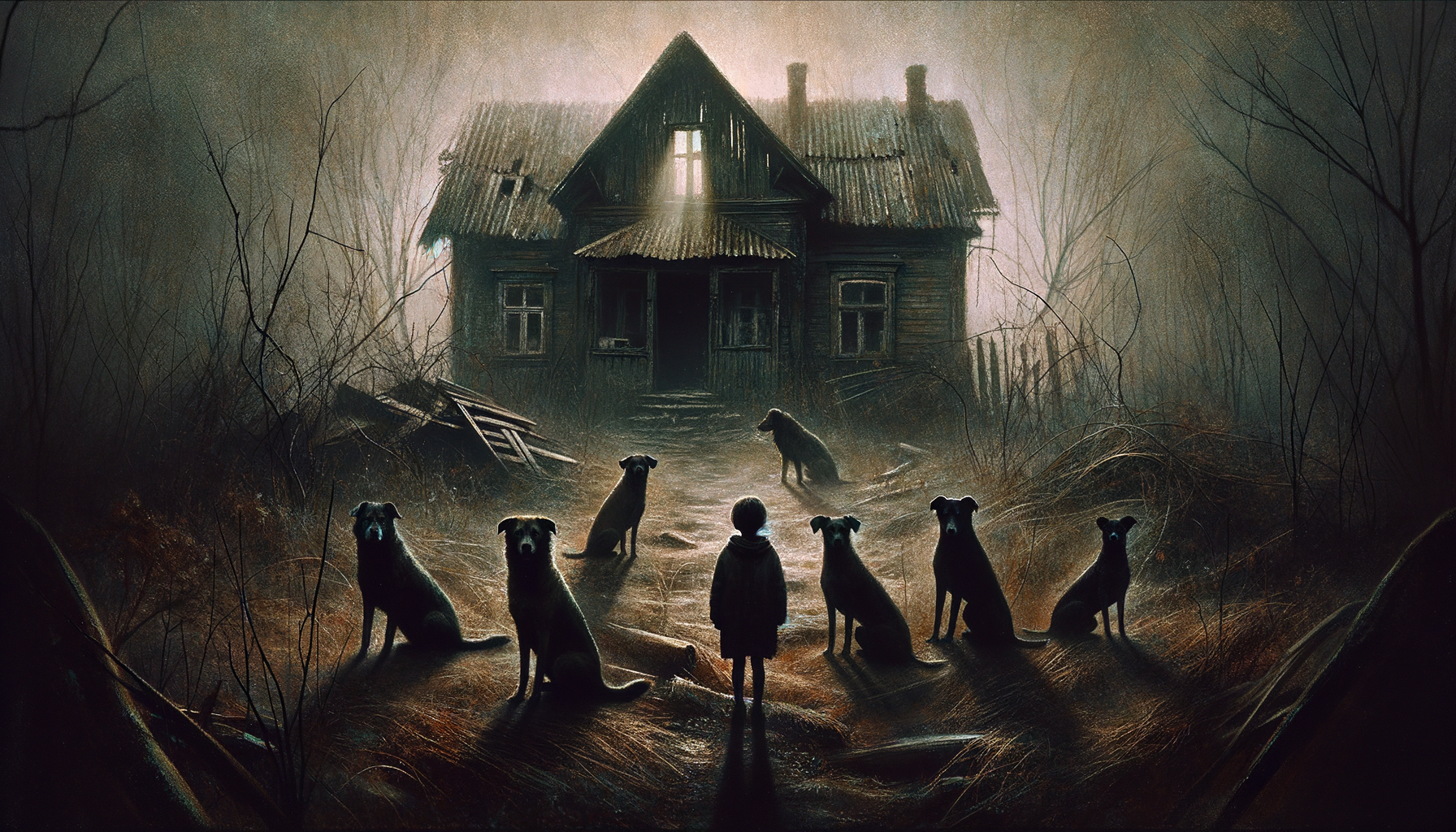No, the “Mowgli Boy” Wasn’t Discovered in a Jungle—But His Life Among Six Dogs Is Still a Horror Story
Short answer: An eight-year-old Thai boy was rescued on 30 June 2025 after years of neglect that left him barking instead of speaking. He was not found deep in a forest, but inside a collapsing wooden house where his drug-addicted mother and adult brother also lived.
Keep reading to see how a single, shaky hut became the stage for a real-life tragedy—and how a handful of dramatic flourishes turned a grim case of child neglect into a sensational jungle myth.
The Most Shocking Truth First: The Boy Really Did Bark
When foundation chief Paveena Hongsakul reached the house in Uttaradit’s Laplae District, the small boy “didn’t speak, he just barked,” she later told reporters. Years of isolation with six family dogs left him communicating in growls and yelps.
But the picture widely shared online—a feral child rescued from deep forest—is largely a fiction created by mistranslation and headline hype.
Scene of the Rescue: A Shack, Not a Forest
Original claim:
“In a forest in Thailand … a boy was found among dogs.”
Fact-check reality:
- • The rescue team entered a ramshackle, single-storey stilt house on the edge of a village red-zone, not a jungle clearing.
- • Multiple outlets—Khaosod English, South China Morning Post, The Thaiger—make no mention of forest terrain.
Source 1, Source 2
How the Myth Grew: Three Key Exaggerations
-
“Raised by dogs, no human contact.”
• Verified: Mother and 23-year-old brother were present but often high on meth and absent mentally.
• Still, the boy spent most waking hours with dogs and copied their sounds. -
“Never attended school.”
• Truth: He did enroll for Grade 1 once, but stopped after a single visit. Educational neglect remains severe. -
“Older brother lost to addiction.”
• The brother is alive, living in the same house, and tested positive for drugs. He is not missing or dead.
A Day Inside the House of Dogs
Picture a one-room timber hut tilting on its stilts. Plastic bags and ramen wrappers carpet the floor. Six skinny dogs pace in circles. In a corner, an eight-year-old crouches, eyes darting, hands and knees smudged with dirt.
Police step through the splintered doorway. The child freezes, then lets out a sharp bark. Officers stop—momentarily unsure whether to soothe or command. The scene is more desolate than Disney, but all too real.
Follow the Money, Find the Neglect
Thailand pays 600 baht (about €15) per month in child welfare support. Neighbours say the mother, 46 and meth-addicted, collected the cash while spending her days begging at temples.
Local officials admit no one cross-checked the boy’s welfare for years. It took an anonymous tip to the Paveena Foundation to break the silence.
What’s Still Unclear
- Whether the child ever crawled on all fours. Some rescuers recall only barking, no crawling—so that detail remains unverified.
- How long speech therapy and psychiatric care will take. Specialists say recovery could span years, but case files are sealed.
Why the Forest Fantasy Matters
Turning a village house into a “wild jungle” shifts blame from society to spectacle. A shack in plain sight means many adults ignored warning signs. A far-away forest suggests there was no one to help.
Correcting the setting is not pedantic; it exposes a chain of human failures—family, neighbours, officials—that real jungles don’t have.
What Happens Next?
- Medical care: The boy is now at Uttaradit Hospital’s child psychiatric ward.
- Legal action: Authorities charged the mother with neglect and drug possession.
- Long-term plan: Social workers aim to place the child in a state-run home once stable.
- Policy review: Uttaradit’s welfare office has announced surprise inspections of all households receiving child allowances.
Key Takeaways
• The boy barked because of neglect, not wilderness.
• He was hidden in a broken house, not a forest.
• Hyper-bolic storytelling can blur accountability—sticking to verified facts keeps the focus where it belongs: on protecting children.
“It was pitiful to see.”
—Paveena Hongsakul, rescue leader
Pitiful indeed—and a reminder that sometimes the most heartbreaking stories happen not in distant jungles but in the houses we choose to ignore.
